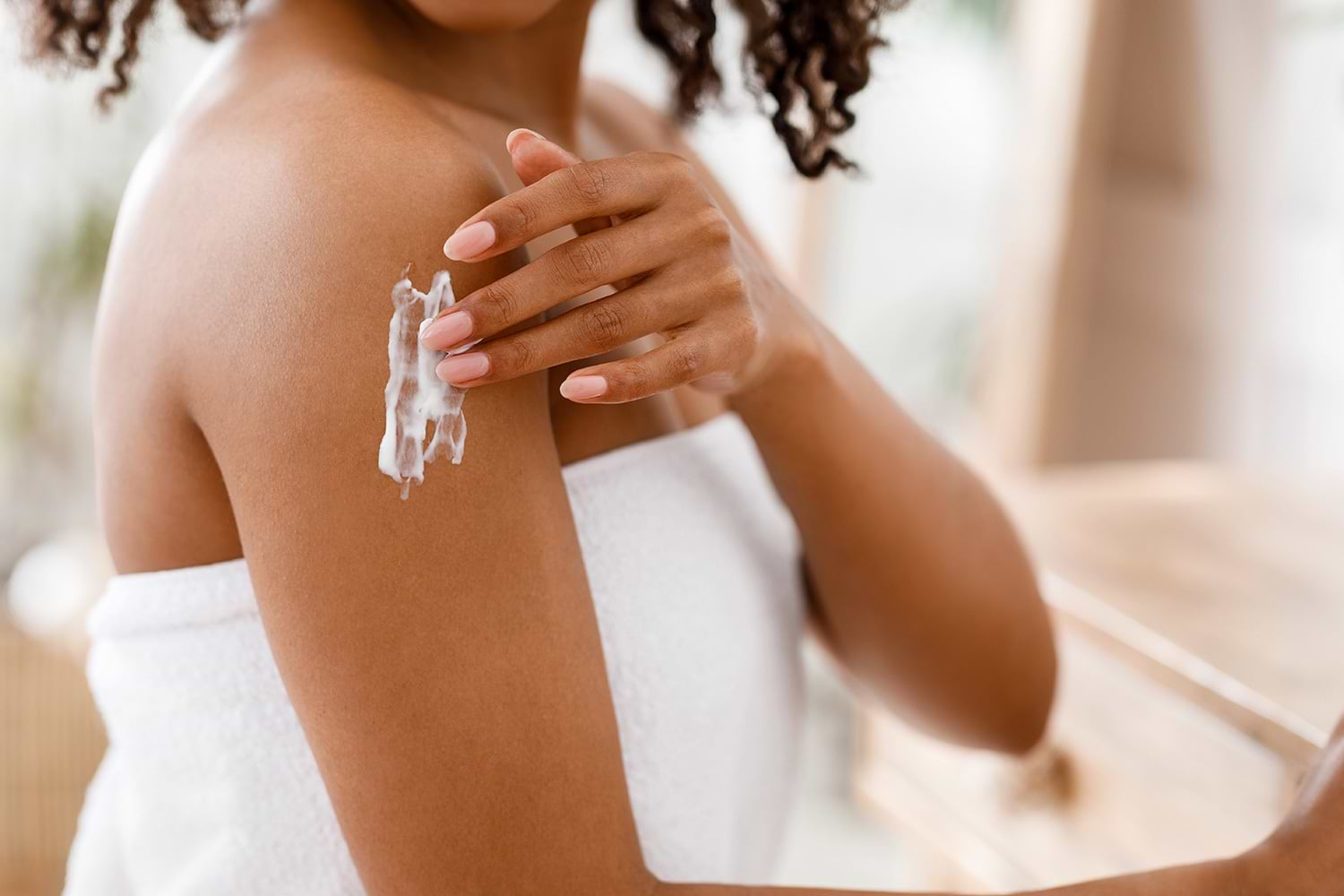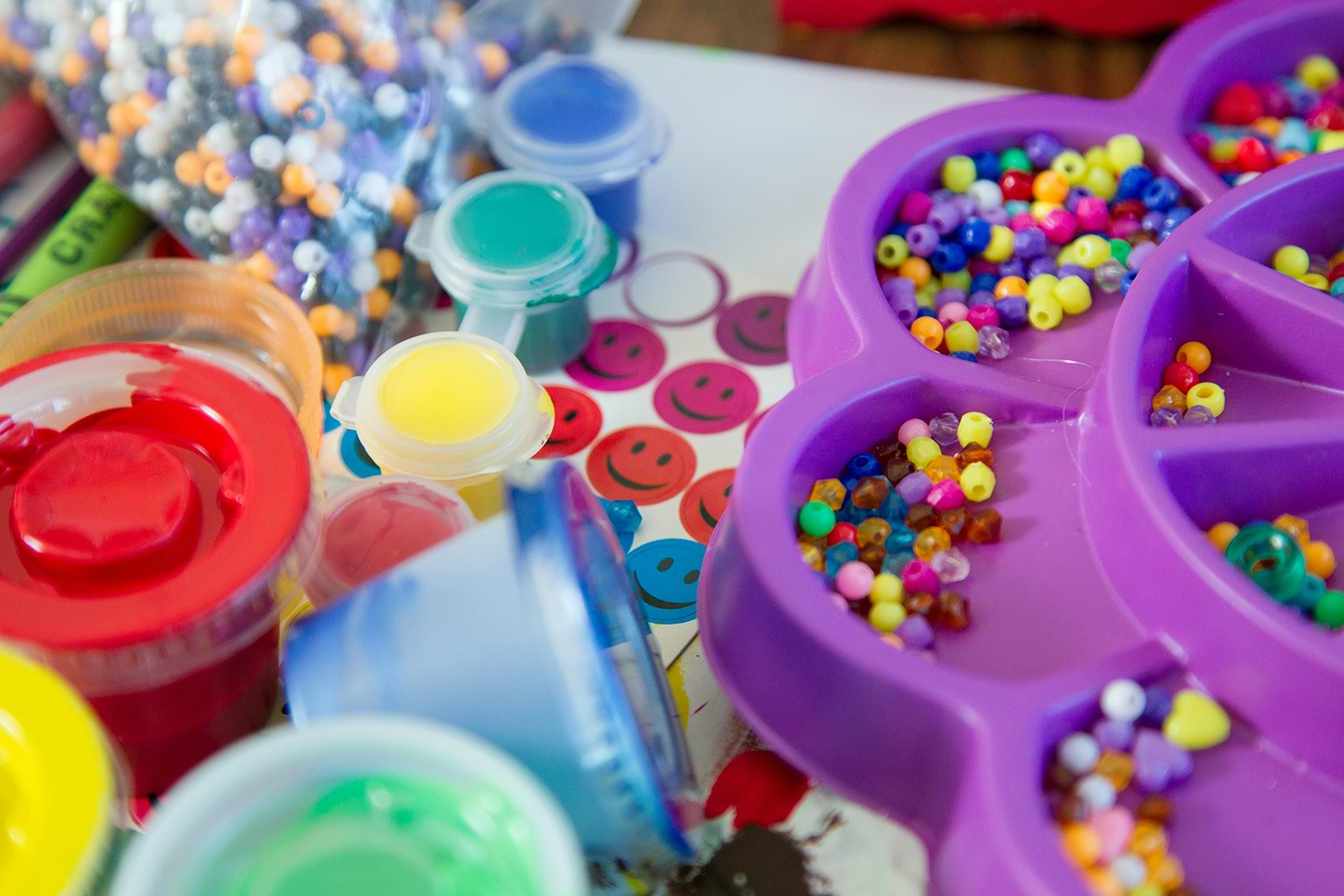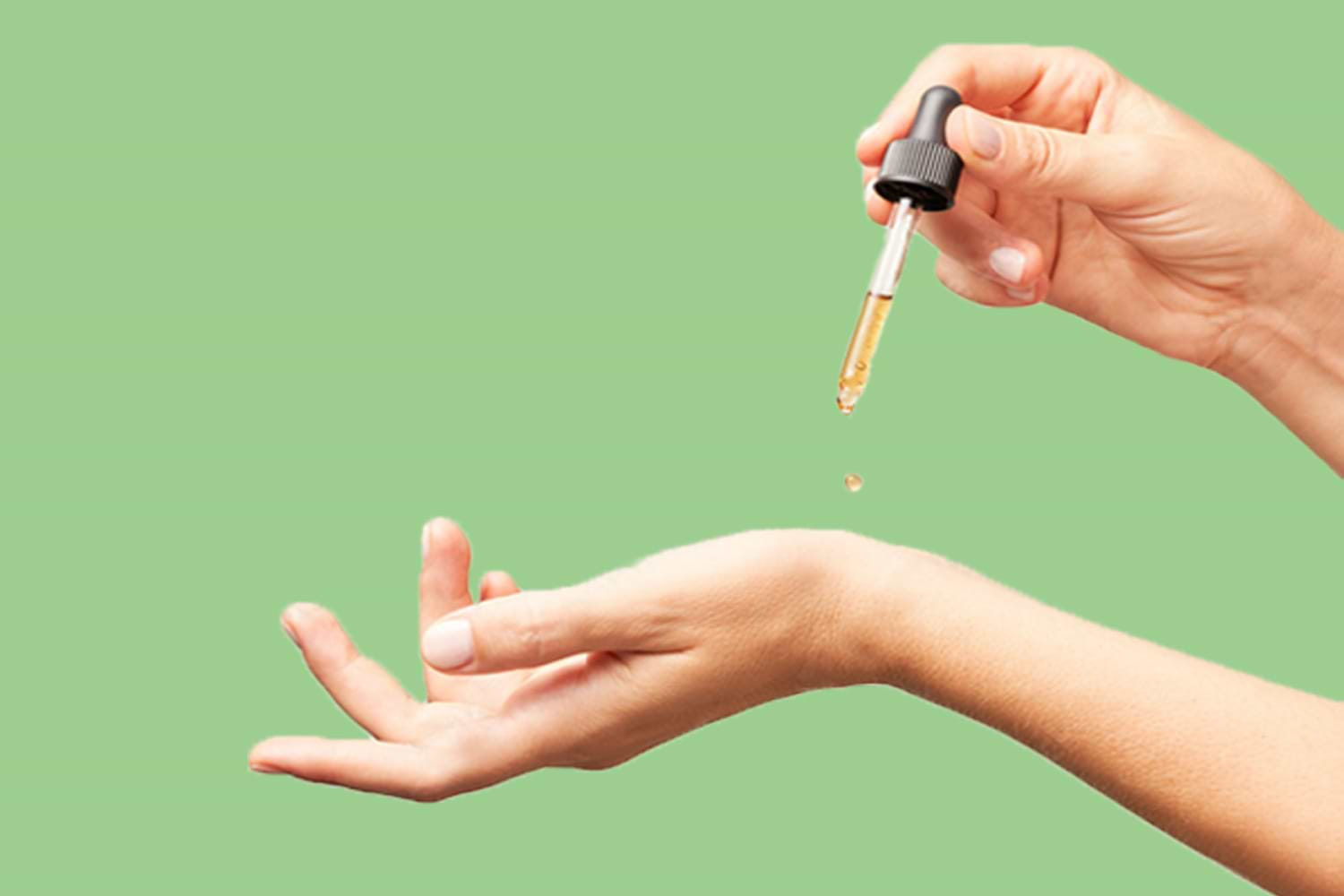Welcome to thoughtful, organic beauty
Hello Joyous is an organic, plant-based, sustainable beauty brand here to bring more joy to your day.
Education is the first step on the road to empowerment and that’s why I’ve been loving writing this series on everything you need to know about toxic chemicals and ingredients found in everyday products. This week I want to dig into a chemical group that’s been in the news lately: phthalates.
Often called the “everywhere chemical” phthalates are found throughout the environment and in many common products. While it is impossible to control our exposure completely, there are lots of smart steps we can take to limit our exposure and decrease our risk of developing health effects.
Below, I’ll outline everything you need to know about phthalates, including what they are, how they’re used, possible negative health impacts, and my joyous tips on how to avoid these products in your daily life.
What Are Phthalates?

This class of manmade chemicals are used across many industries as solvents, binding agents, plasticizers, and in synthetic fragrances since they are super versatile in addition to being colourless and odourless. There’s a reason they are often called the “everywhere chemical!”
Unfortunately, phthalates have many documented negative environmental and health effects, which is made worse by the fact that they never degrade. That means once they’re made, they don’t break down and can end up in everything from the soil to rainwater, making contamination with these chemicals in the food chain sadly common. In fact, the production materials used to make processed foods including conveyor belts, tubing, gloves, and jar lids often contain phthalates. Processed foods and conventionally raised meat and dairy products tend to have higher levels of phthalates than organic or whole foods.
While you won’t typically see phthalates on ingredient lists, knowing the products they’re used in can help you make better choices. There are several common types of phthalates that have different uses including:
You can see why they call phthalates the everywhere chemical!

While phthalates have been banned in some products such as teething rings, rubber duckies, and soothers, many believe this ban doesn’t go far enough since the negative physical effects can be so damaging.
In Canada few, if any, phthalates are actually banned, even though they have been in the European Union and United States! That’s why I want to share this information with you, so you can make educated and empowered choices for your health.
Environmental Impacts of Phthalates
Humans can only be as healthy as the environment they live in as I mentioned above, phthalates don’t break down, causing environmental contamination. Not only do these chemicals not degrade, the way they are added to products makes it super easy for them to leach out into the environment.
Even low concentrations of these chemicals in the environment have caused declines in amphibians and are toxic to other aquatic life such as fish, algae, insects, and crustaceans.
Top 3 Health Effects of Phthalates

1. Can Disrupt Hormonal Balance
I’ve talked about endocrine disrupting chemicals in the past and their impact on health and development. Phthalates are concerning since they can either displace or mimic important hormones in the body. What’s more is that you don’t need to be exposed to huge amounts for their impact to be felt.
Research shows that exposure to phthalates can negatively impact hormone levels and proper reproductive development, especially in male infants. Due to their endocrine disrupting effects in the body, these chemicals have also been associated with the decline in male fertility and sperm counts over the last several decades.
2. Can Cause Neurotoxicity
Studies indicate that phthalates also have neurotoxic effects in the body. Children’s developing brains are particularly at risk, with research showing that phthalates can increase their risk of learning difficulties, attention disorders, and behavioural issues.
Prenatal exposure to these chemicals has even been associated with higher scores of autistic traits in boys. However, the same study also found that supplementation with folic acid was protective against the impacts of phthalates, so always make sure to take your prenatal!
3. May Increase Cancer Risk
You may have seen in the news recently that a woman in the US has sued a popular cosmetics company over claims that their hair straightening products caused her uterine cancer. While the case hasn’t been settled yet it raises the important issue that what we put on and in our bodies can increase our risks for certain types of cancer.
Phthalates have been associated with other types of cancers including thyroid and breast and this study has found an association between in utero exposure and the development of childhood cancers such as lymphoma and osteosarcoma.
What Products Contain Phthalates?
Though they aren’t typically labeled, phthalates can be found in everything from shower curtains to beauty products. This list contains some of the most common household items that are often a source of phthalates. Where possible purchase products labeled phthalate-free, plastic-alternatives, or items that are certified organic and made with natural ingredients.
Joyous Tips to Limit Phthalate Exposure

While phthalates aren’t listed as ingredients on any labels, we do know that they are found in plastics and thousands of other products. By following the tips outlined below you’ll set yourself up to avoid phthalates as much as possible.
An extra note: Young children are much more sensitive to the effects of phthalates, so doing your best to purchase toys and other products that are made with natural ingredients, are plastic-free, and organic where possible can help protect their brain and endocrine system. Do the best you can and if you want more inspiration, check out my free course on Raising Healthy Kids to help set them up for a lifetime of health!
1. Avoid Household Plastics as Much as Possible
Since phthalates are considered plasticizers (chemicals that make plastics more durable), it’s no surprise that they would be found in many plastic products. They are typically used to help make plastics durable and pliable, so you’ll often find them in vinyl or PVC, plastic wraps & food containers. You’ll especially want to watch out for plastics labeled 3, 6, or 7. Common household items made from PVC include shower curtains, toys, and table cloths, so look for plastic free-alternatives.
2. Swap Out Your Plastic Toys
Since children are more susceptible to the harmful effects of phthalates, try swapping out plastic toys for those made from wood, bamboo, organic cotton, and other natural materials.
3. Eat as Close to Nature as Possible
Since processed foods tend to contain more phthalates than organic or unprocessed foods, try to incorporate as many whole foods into your diet as possible. Not only will you reduce your phthalate exposure, these whole foods are packed with beneficial phytonutrients and antioxidants. When shopping, look for foods with less packaging. Incorporating a variety of foods can support your body’s natural detoxification pathways to help naturally eliminate toxins such as phthalates.
You can also support healthy detox with a cuppa delicious, all-natural, organic tea!
4. Store Leftovers in Non-Plastic Containers
A great way to avoid contaminating your delicious food is by storing it in non-plastic containers such as stainless steel, ceramic, glass, or silicone. You’ll also want to make sure you never, ever microwave any food in a plastic container, since the heat can cause the chemicals in the plastic to leach into your food.
5. Use All-Natural Skin & Beauty Products
I wrote extensively about synthetic fragrances in a previous post, where I shared that phthalates are one of many toxins often found in them. By shopping for products that are naturally unscented and contain only pure, organic, plant-based ingredients, you can avoid absorbing phthalates through your skin. As a bonus, all-natural products are typically better at supporting the skin microbiome for glowing, healthy skin.
Other products that typically contain phthalates include shampoos, conditioners, deodorants, and body lotions. That’s why we’ve created a line of everyday essentials that use only the cleanest, safest ingredients that biodegrade and are safe for the planet. Our products are sustainably crafted using effective, safe and organic ingredients. You won't find any harsh chemicals, toxins, preservatives, fragrance, dyes, GMOs or any hormone disrupting ingredient.
Every single one of our Joyous Health products are free from phthalates. Our Fresh Face Cleanser, Magical Mist Facial Toner, Hella Hydrating Serum, and Super Natural Rejuvenating Mask are free from all synthetic fragrances and preservatives, so you can feel confident that you’re using the best toxin-free, skin-loving products! From our skincare to hair care, body care and herbal teas, take comfort in knowing they are all phthalate-free.
Keep your beauty routine clean and green by subbing out conventional products for:
I hope this information empowers you to make sustainable changes to your daily life by choosing healthier alternatives to conventional products wherever possible. To learn more about this important topic be sure to check out these other articles:
Xo Joy
Wow...super interesting and informative! Thank you so much for writing this. It was easy to understand and very eye opening. Especially the part about the places processed foods are made in! Question: what is a good alternative to hair spray? Reeshma
ReplyCheck out a more natural brand of hair spray. You'll find non-aerosol brands of hairspray at your local health food store or in the natural health section of the grocery store. I'm glad you found this article interesting and informative!
What brand of shampoo are you using? Free of phthalate.
ReplyI really like Green Beaver